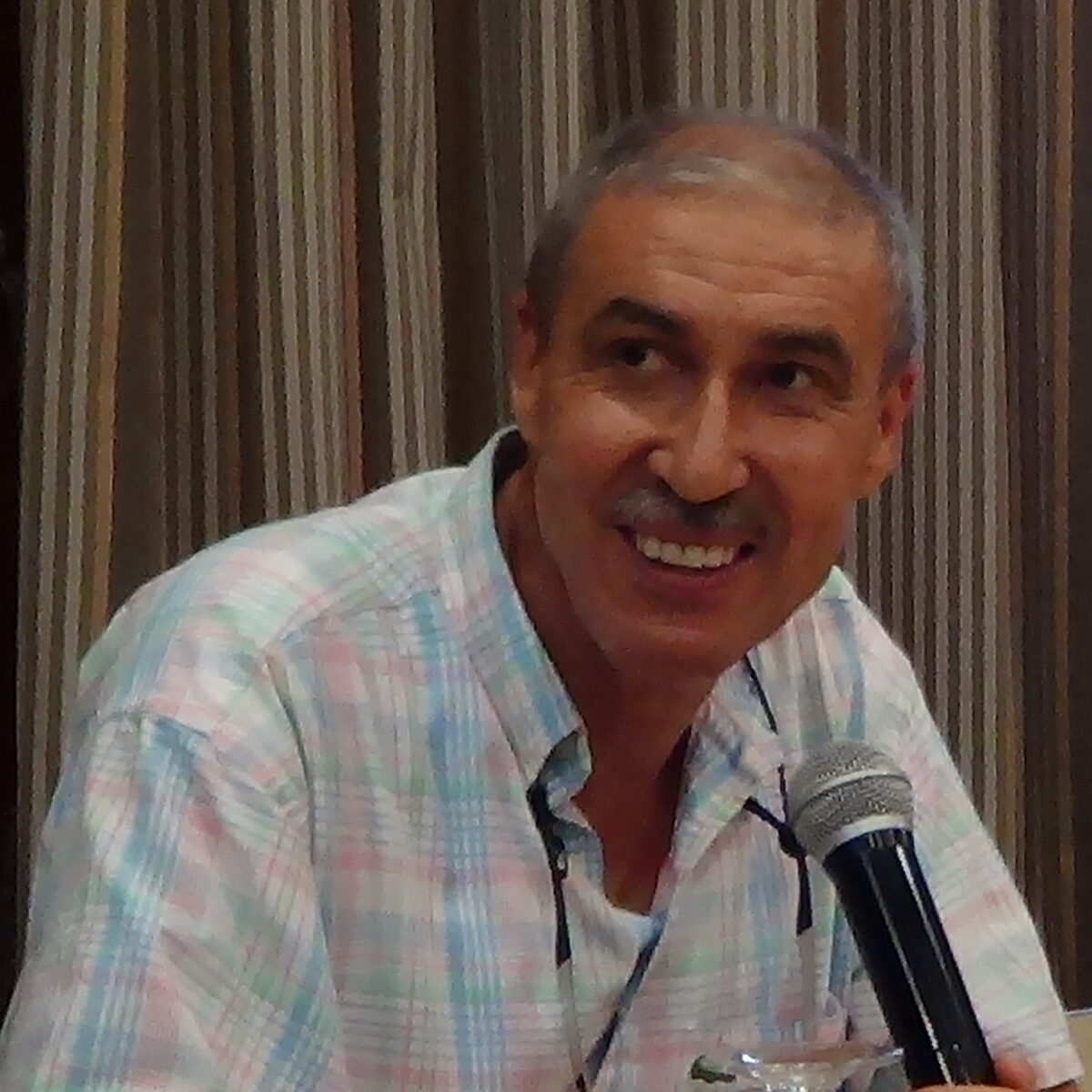Sfax, "the capital of the South," has experienced a continuous decline since the 1980s, with multiple causes: globalization, the flight of economic and cultural elites to the Capital or abroad, transition to a service-based economy... but one of the determining causes is the deterioration of quality of life due to industrial pollution - especially chemical - despite citizen mobilization since 1980 and especially after the revolution of 2011.
Sociologist and environmental activist from Sfax, Fethi Rekik analyzes this exemplary case with the perspective of a scientist and testifies to this challenging struggle with the commitment of a citizen, in a dialogue with Bernard Mossé, historian, Research, Education, and Training Manager of the NEEDE Mediterranean association.
Bernard Mossé: Sfax holds a special place in the economic history of Tunisia. Can you tell us a word about this context, to better understand the industrial and environmental issue in Sfax that you have just described?
Fethi Rekik: The general idea is that in the 1960s and 1970s, as part of the national economy, there was already an entrepreneurial culture in Sfax. We can refer to the analyses of several specialists, particularly the geographer Ali Bennasr, who characterizes Sfax as a regional city involved in a process of urbanization. As the second economic center of the country, after Tunis, Sfax has always had a complex relationship with the central government. Despite being marked by its entrepreneurial culture, it has nevertheless developed in several areas:
The agri-food sector, with the company Poulina (PHG) established throughout the country, with subsidiaries in Morocco and in other countries as well;
in the field of olive growing: even though the olive tree is everywhere in Tunisia, Sfax still holds 1/3 of the country's production today, mainly in oil, which is significant;
Despite a semi-arid climate, it is a region known for cattle farming, particularly dairy production;
and of course the chemical industry: SIAPE (Industrial Company of Phosphoric Acid and Fertilizers) and NPK (nitrogen, phosphorus, and potassium).
But at the end of the 1970s, the first effects of globalization occurred, with the country opening up to foreign production, especially the importation of products from Asia, via Libya, in the textile and clothing industry, with its informal market leading to many bankruptcies, even though some companies manage to survive. However, it is not the same weight as before.
Especially, we are transitioning from the industrial era to the service era, which requires better infrastructure. The private service sector focuses where there is access to the sea, of course, but also better living conditions. From this point on, as explained by a Tunisian geographer, 80% to 90% of private investments are concentrated in what is called the "competitive triangle," or the "useful triangle," which includes Tunis, Nabeul, and Cap Bon, and extends down to Sousse. It excludes the region of Sfax, further south, and all of the Tunisian Sahel. Sfax is actually penalized by the damages of the chemical industry: a large part of the Sfax economic elite has moved to Tunis where they form a diaspora. For example, they settle in El Ennasr, an upscale neighborhood in Tunis. You see, we discovered this community in a football match final in 1994, between CS Sfax and Esperance de Tunis...
Bernard Mossé: it's an old rivalry between these two clubs...
Fethi Rekik: Yes. But what is surprising is that the weight of the population of Sfax was discovered in Tunis. This is where it was discovered that there is a large and significant community, because it is the economic elite. And not only economic, but the cultural elite as well. There are Sfaxians in Tunis today who are not economic actors. They are, for example, lawyers, judges... Doctors are moving to Tunis because the numerous Libyan clientele who used to come to the polyclinics in Sfax, a very, very prosperous sector, during the 1980s-90s, now travel directly to Tunis by plane. This is why even the best doctors go to Tunis. The era of service requires a clean and unpolluted living environment that Sfax does not offer. It is thus losing its vital forces. In terms of migration, it is certainly still in surplus due to populations arriving from the interior regions, from Sidi Bouzid, Kairouan, or Gafsa... This numerically compensates for the departures. But the difference is that these are people with little or no qualifications, whereas those who leave are the economic and intellectual elites.
Bernard Mossé: So, can we date this decline to the 1980s?
Fethi Rekik: Yes, the decline of Sfax began in the early 1980s with globalization, the flexibility of employment accompanied by the new Labor Code, the development of subcontracting... Sfax specializes in low-skilled industries with low added value, such as textiles that employ women with low qualifications. The best industries are relocating to Tunis... According to the geographer Ali Bennasr, the governorate of Sfax, known as the "capital of the South," considered in theory as the country's second economic hub, is actually today the 5th region in the country: it may have even recently dropped to the 7th place. Sfax remains the second largest city in terms of population in the country, just behind Tunis, but it is ranked 5th in terms of development and attractiveness indicators.
An example: since the 1990s, the leaders of the major football clubs have been prominent businessmen, industrialists. Out of the last ten presidents of CS Sfax, only one resides in Sfax; the others live in Tunis... they have their businesses in Tunis. There is even a Sfaxian who is a leader... of Espérance de Tunis. They invest in Gamarth, in La Marsa, in the suburbs of Tunis, but not next to the SIAPE affected by pollution... Thus, as Ali Bennasr writes, "delays in the development and upgrading of its economic fabric are compounded by serious environmental problems... These obstacles present a major hindrance to the metropolization and internationalization of the city."
Biographies

Fethi Rekik is a professor (HDR) of Higher Education and Scientific Research and the director of the research laboratory 'State, Culture, and Society Mutations' at the Faculty of Arts and Humanities of Sfax, Tunisia. He has also been an environmental activist in his city of Sfax since the 2000s.

Bernard Mossé Historian, Head of Research, Education, and Training at the NEEDE Mediterranean association. Member of the Scientific Council of the Camp des Milles Foundation - Memory and Education, for which he was the scientific manager and coordinator of the UNESCO Chair "Education for Citizenship, Human Sciences, and Convergence of Memories" (Aix-Marseille University / Camp des Milles).
Bibliography:
